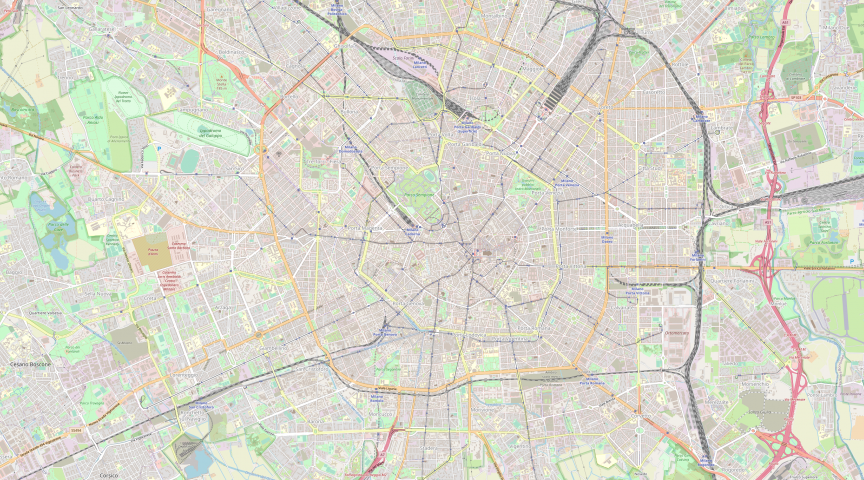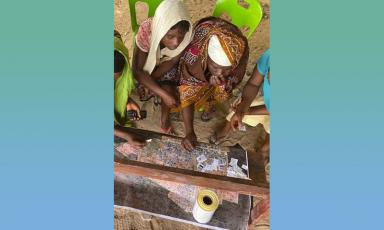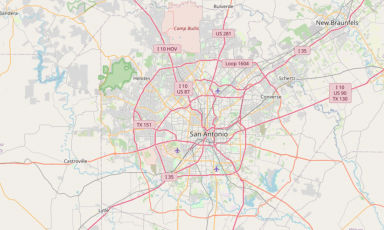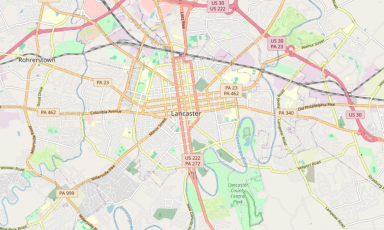Milan, Italy
Milan’s Effort to Improve Governance, Service Delivery, & Protection of Migrants & Refugees, Especially Youth

Summary
In 2020, Milan joined the pilot phase of the Call to Local Action and committed ensure inclusive economic integration and development of migrants and refugees, improve social integration, protect the most vulnerable, and improve local governance of migration and forced displacement. Since then, the city has been improving governance and cooperation, taking part in projects such as “MENTOR 2,” which tests circular mobility schemes that offer professional traineeship opportunities to young Moroccans and Tunisians in Northern Italy.
The city has continued improving social integration through the “WISH MI” project. The project includes a Strategic Plan for an Integrated System of Policies and Programs to Promote the Wellbeing of Girls, Boys, and Teenagers in Milan, defining the vision and building consensus around the challenges that the Municipality intends to tackle through dialogue with local stakeholders. Minors have also been at the center of Milan’s actions to protect the most vulnerable migrants and refugees.
The experimental Service Centre for Unaccompanied Minors, created in 2019 to provide unaccompanied minors with first temporary residential reception and access to services for care and rights protection, has been incorporated in Italy’s System of reception and integration (SAI).
Impact
Through “MeNTOR 2”, Milan expects to improve jobs statuses of at least 50 direct project beneficiaries, to increase access to financial support by at least 20 new start-ups in Morocco and Tunisia, to enhance the usage of Art. 27 mechanism by Italian enterprises, and to have at least 150 young people employed in the start-ups created by the project in the target areas.
Between 2019 and 2022, through the “WISH MI” project and the connected initiatives that will be implemented through the funds from Law No. 285/1997 on the promotion of children and adolescents’ rights, Milan expects an increased access to city services for all minors (0 -18 years), with particular attention to the most vulnerable; a decreased number of minors (0 -18 yr) living in poverty; increased access of 0-6 yr children to early education; a lowered rate of school dropout (currently 10,6%); increased social cohesion; and a decrease in school segregation.
After the conclusion of the pilot project in June 2020, Milan has ensured that services of the Service Centre for Unaccompanied Migrant Minors will continue to be offered by the centre in the framework of the SIPROIMI system (Protection System for International Protection Beneficiaries and Unaccompanied Migrant Minors). The SIPROIMI system envisages "integrated reception" actions, which go beyond the simple provision of meals and accommodation and also includes information and counselling complementary measures, through the creation of personalised socio-economic integration patterns.


